What is Ketas (ibudilast)?
Ketas (ibudilast) is a phosphodiesterase inhibitor for the treatment of bronchial asthma and for cerebrovascular (brain and blood vessel) disorders, particularly the improvement of post-stroke dizziness.[1]
It is available in capsule form, each containing 10 mg ibudilast.
Ibudilast has received orphan drug status for the treatment of patients affected by amyotrophic lateral sclerosis (ALS) by EMA and FDA.[2,3]
Who is Ketas (ibudilast) for?
Ketas (ibudilast) is approved for patients who have bronchial asthma or cerebrovascular disorders, dizziness after strokes in particular.[1]
Ketas (ibudilast) should be taken with care in: patients who are in the acute phase of cerebral infarction (i.e. if they have had a sudden onset of the disease); patients with impaired hepatic (liver) function; and elderly patients.[1]
Ketas (ibudilast) doesn’t stop asthmatic attacks immediately if the patient is already having an asthmatic attack.[1] Patients who are also using steroids as part of their long-term treatment for asthma should only decrease the use of steroids slowly and under the supervision of their doctor.[1]
Since 2016 the active ingredient ibudilast has the EMA and FDA[3] orphan drug status for the treatment of patients affected by amyotrophic lateral sclerosis (ALS).[2] The ongoing clinical trial name of the drug is MN-166.
Note: This means the medicine has not yet been approved by the EMA or the FDA but due to the seriousness of the condition; the lack of alternatives for diagnosis, prevention or treatment; or the rarity of the condition, the medicine is treated with special care by the regulatory agencies of these regions.[4,5]
How does Ketas (ibudilast) work?
Ketas (ibudilast) is a phosphodiesterase (PDE) inhibitor.[1] It stops the action of enzymes known as phosphodiesterase enzymes.[1]
It has the following actions: [1]
- Bronchodilatory (increased airways to the lungs)
- Vasodilatory (widening of blood vessels)
- Neuroprotective (protection of parts of the brain)
- Anti-inflammatory.
According to the EMA orphan drug designation, the exact way ibudilast works in ALS is unclear but it is assumed that it blocks phosphodiesterases (PDEs) and a substance called macrophage migration inhibiting factor (MIF), which are involved in regulating certain functions of brain cells. By blocking MIF and PDEs, the medicine is expected to slow down the production of inflammatory molecules and to increase production of ‘protective’ molecules. In addition, ibudilast reduces activity of glial cells (a type of brain cell thought to be involved in the development of ALS). Together, these actions are expected to work on the symptoms of ALS.[2]
Where has Ketas (ibudilast) been approved?
Ketas (ibudilast) was approved for the treatment of patients with bronchial asthma and cerebrovascular disorders by:
- Pharmaceuticals and Medical Devices Agency (PMDA), Japan, May 1989[1]
Ibudilast was granted orphan drug designation for the treatment of amyotrophic lateral sclerosis (ALS) by the European Medical Agency (EMA), European Union, on December 12, 2016[2] and by the Food and Drug Administration (FDA), USA, on June 10, 2016.[3]
Note: This means the medicine has not been approved by the EMA or the FDA but due to the seriousness of the condition, the lack of alternatives for diagnosis, prevention or treatment or the rarity of the condition, the medicine is treated with special care by the regulatory agencies.[4,5]
Please note that this medicine may have also been approved in other regions than the ones we’ve listed. If you have a question about its approval in a specific country feel free to contact our support team.
Please be aware that any decision to use a prescription generic or brand name medicine should always be taken in consultation with a medical professional. The FDA has sent warning letters to drugmakers in India or Pakistan concerning the quality of their medicines.
How is Ketas (ibudilast) taken?
The standard dosage is:[1]
- For patients with bronchial asthma, 10 mg ibudilast twice daily[1]
- For patients with cerebrovascular disorders, 10mg of ibudilast three times daily[1]The dosage may be adjusted according to the patient’s symptoms.[1]
Warning: In the case of cerebral infarction, periods during which Ketas (ibudilast) is given should be decided carefully, taking into account how effective it is, as well as adverse reactions. If the expected effects of the medicine are not observed after 12 weeks of taking it, the medicine should be discontinued.
Complete information about Ketas (ibudilast) dosage and administration can be found in the official prescribing information listed below.[4]
Note: Please consult with your treating doctor for personalised dosing.
Are there any known side effects or adverse reactions of Ketas (ibudilast)?
Common adverse reactions
The most common adverse reactions listed in the prescribing information include:[1]
- Rash
- Dizziness
- Headache
- Anorexia
- Nausea (feeling sick)
- Vomiting
- Abdominal pain
- Elevation of liver enzymes (AST(GOT), ALT(GPT), ALP, γ -GTP).
Serious adverse reactions
The serious adverse reactions listed in the prescribing information include:[1]
- thrombocytopenia (low blood cell count)
- hepatic dysfunction
- jaundice.

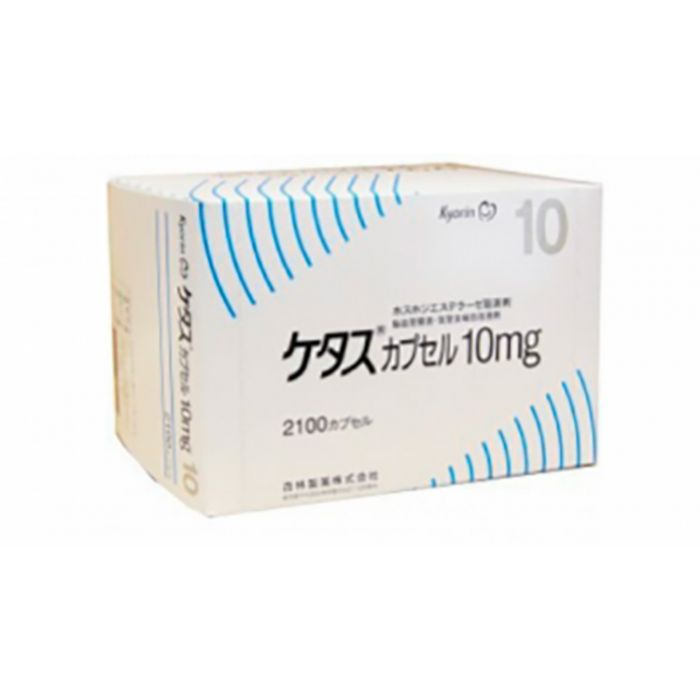



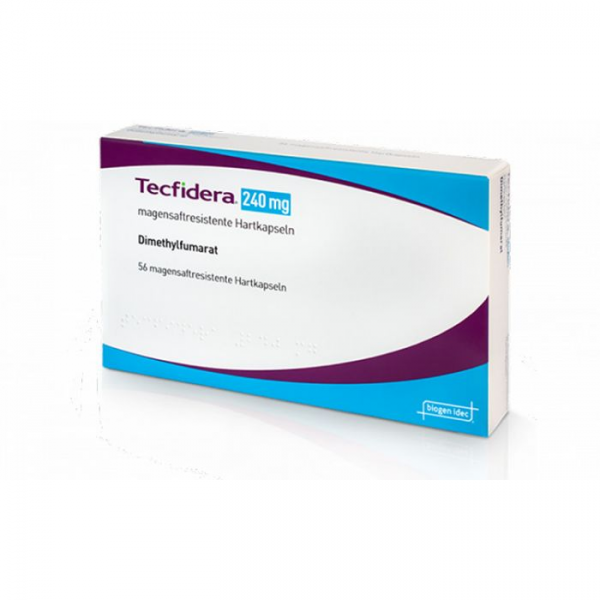
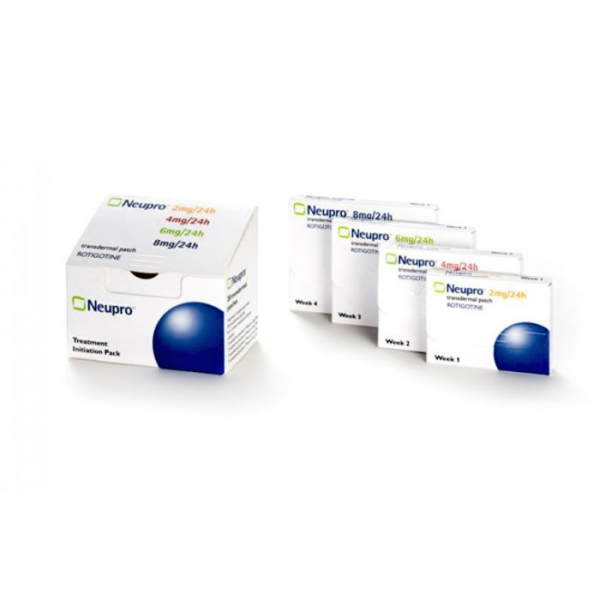
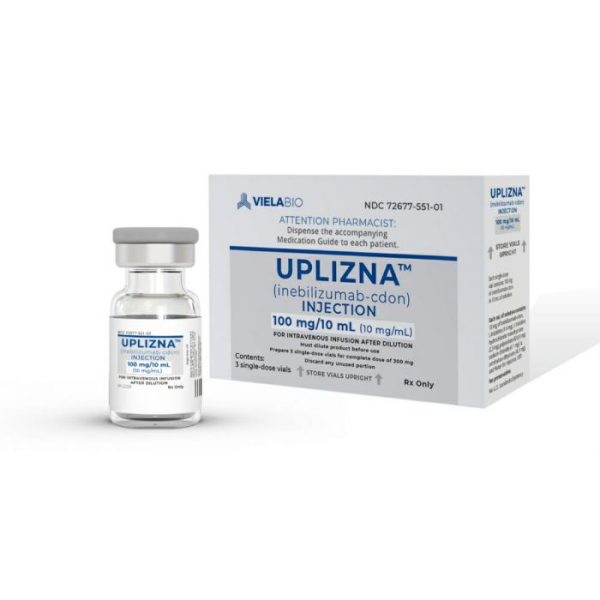


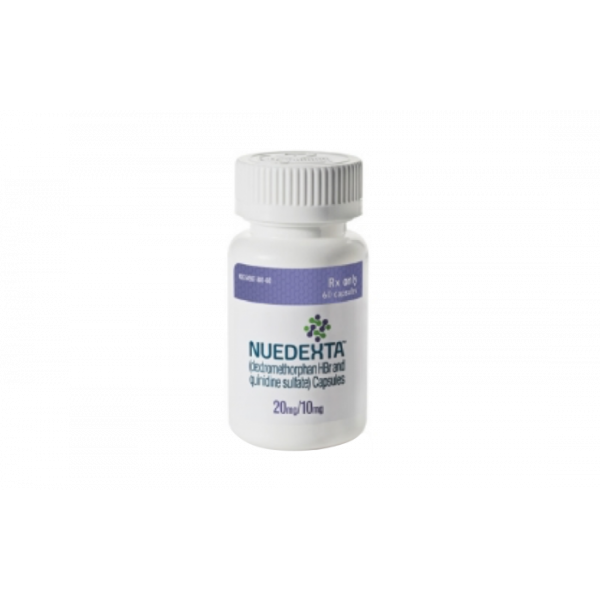
Reviews
There are no reviews yet.